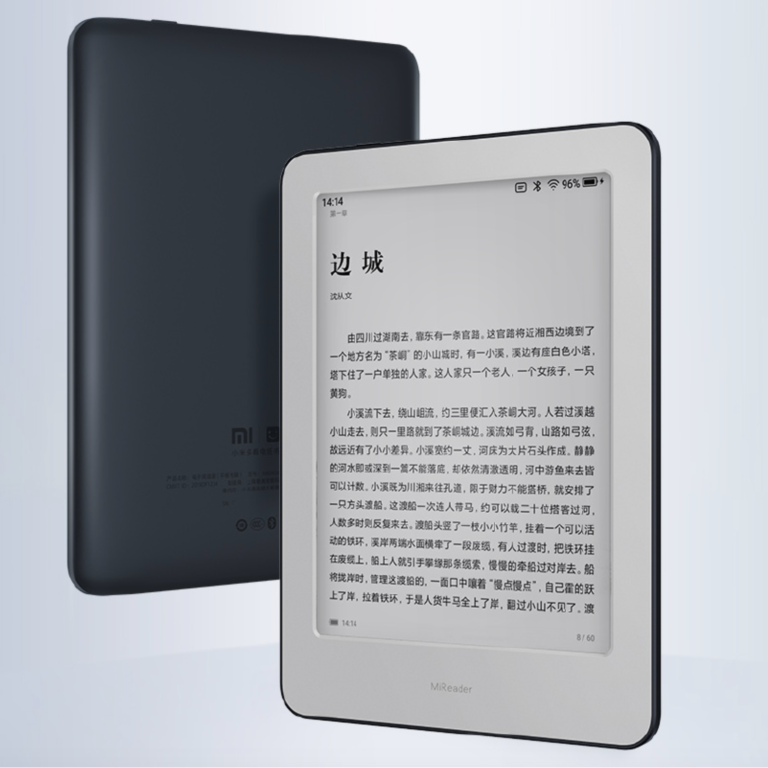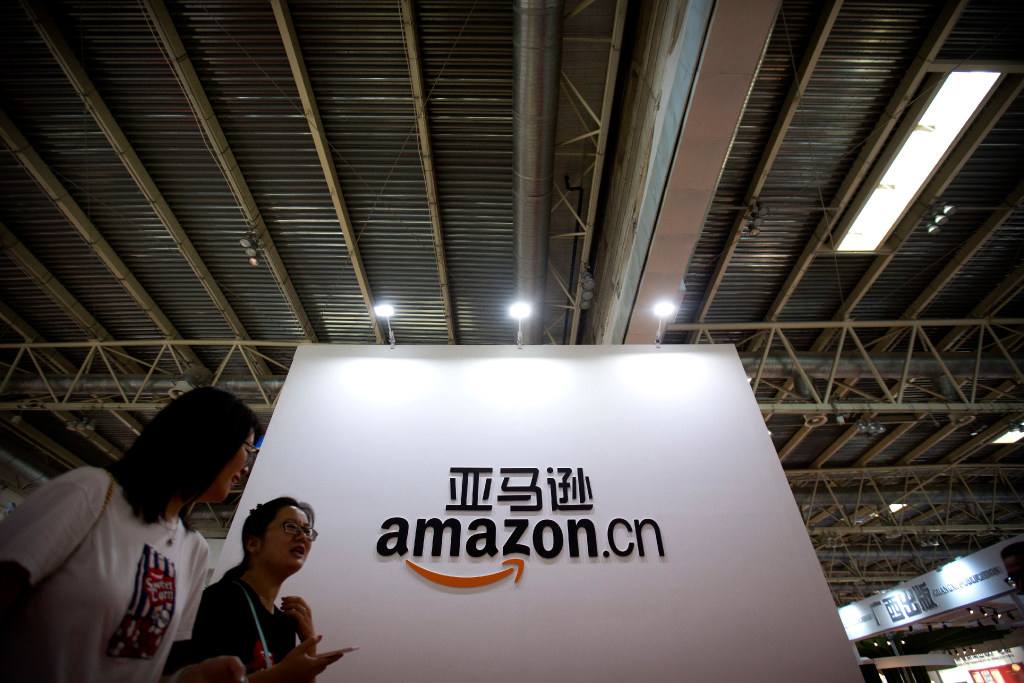
Can Amazon hold onto China’s ebook lovers?
Xiaomi launches a Kindle-like device as more Chinese readers turn to mobile apps
If you make less than US$340 a month, should you still buy a Kindle?
But it’s recently gotten a new big-name competitor: Xiaomi.
How Xiaomi forged a unique path

Xiaomi’s plunge into the e-reader race comes at a peculiar time.
Analysts say smartphones have an edge over dedicated ebook readers in China. Unlike Americans, who adopted the Kindle to read ebooks before smartphones became widely popular, Chinese people leapfrogged e-readers and went straight to using smartphones, according to Shaun Rein, managing director of China Market Research Group.
“They’re much more comfortable reading books off a mobile phone interface than something specifically for books like the Kindle,” he said.

Smartphones also allow people to read ebooks without having to spend extra money on a second device.
“[Mobile devices] don't require an additional investment in hardware and are the most convenient for consumers to pull out and use anywhere such as the subway or bus, which are common places to read,” said Mark Tanner, managing director at marketing research company China Skinny.
“Because salaries are a little bit lower in China, people are less likely to buy a TV, a mobile phone, a Kindle reader, and many multiple devices,” said Rein. “So they’re willing to spend a larger proportion of their monthly salary on, say, a mobile phone than Americans would… They’re putting all their money into mobile phones.”

Still, Amazon seems to be aware that the Kindle is locked in an increasingly fierce competition for attention. In 2017, it launched an ad that sought to reignite nostalgia for a time when people could immerse in reading, free of the ceaseless interruptions of the digital era.
Some analysts say Amazon may now face a tougher fight with Xiaomi entering the fray. Tanner believes there is room for the Chinese gadget giant to grow.
“I think the key for new entrants such as Xiaomi will be to ensure that they have a wide range of titles available,” he said in an email. “If they can sort this out and undercut Amazon on price with a good-enough-quality product (as they always do), I think the general sentiment around supporting home-grown brands will put them in good stead to challenge Amazon.”
Others, though, say Xiaomi’s entry may not amount to much.
“I think Xiaomi has potential, but I think Xiaomi in general is just one of those companies that has way too many product lines,” said Rein. “Basically they try to get into every product category there is and just spread into their internet of things, but they don’t necessarily have a cohesive strategy.”
Can a 'Star Wars story with Chinese characteristics' sell the Skywalker saga in China?
Value for money could become a decisive factor in the battle for China’s readers.
For more insights into China tech, sign up for our tech newsletters, subscribe to our award-winning Inside China Tech podcast, and download the comprehensive 2019 China Internet Report. Also roam China Tech City, an award-winning interactive digital map at our sister site Abacus.

